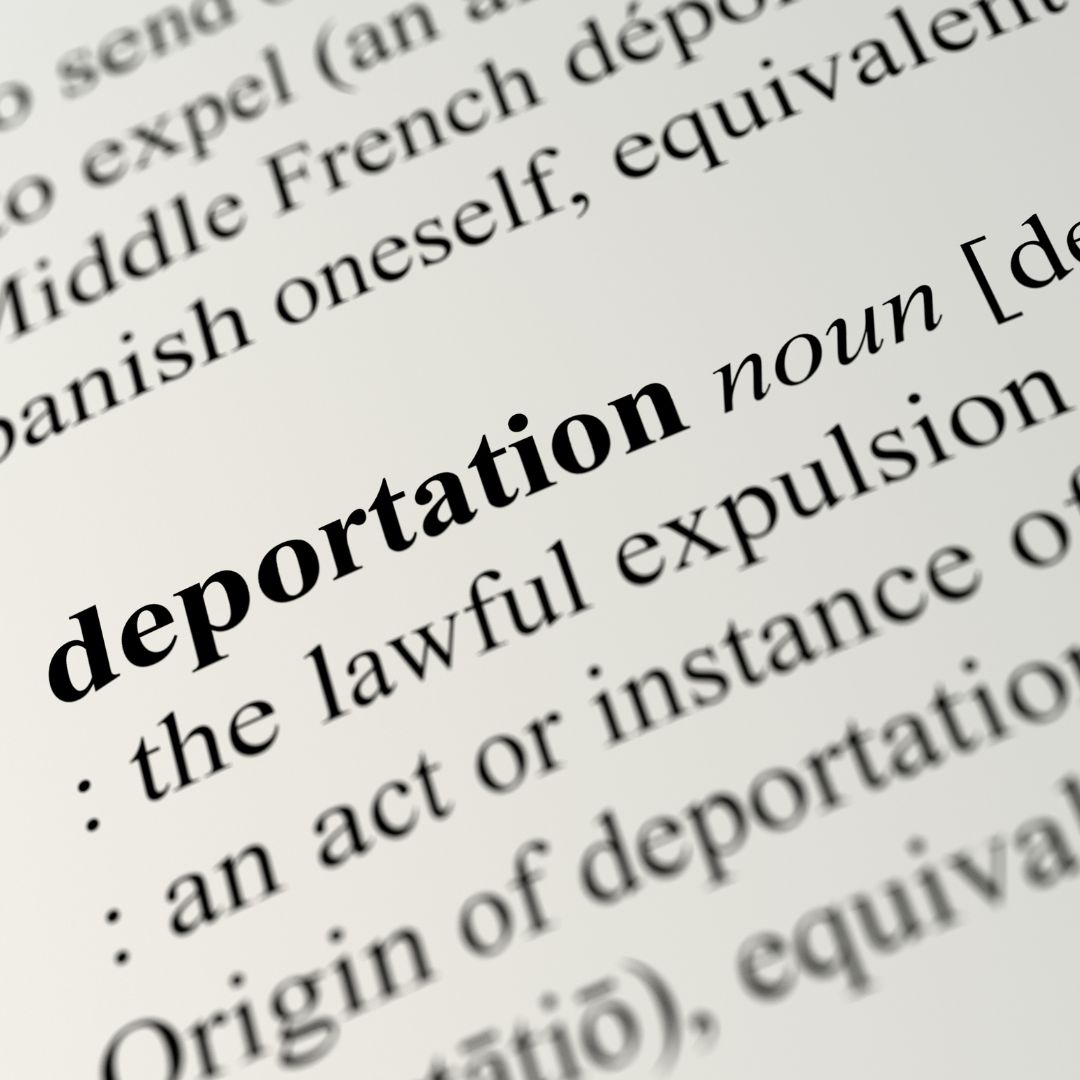Section 34-42 of Canada’s Immigration and Refugee Protection Act (IRPA) outlines some of the reasons why a non-Canadian citizen faces deportation, and what they can do to avoid or appeal the process.
A few reasons why someone may be subject to deportation in Canada:
- Security violation (s.34)
- Engaging in terrorism
- Being a danger to the security of Canada
- Engaging in acts of violence that would or might endanger persons in Canada
- Immigration violations
- Document fraud
- Serious criminal offences (s.36)
- Impaired driving
- Sexual assault or domestic violence
- Physical assault
- Drug trafficking
- Theft over $5000 or robbery
- Fleeing police
- Using or possessing a stolen or forged credit card
- Possession of a restricted weapon with ammunition
- Organized criminality
A permanent resident or protected person loses their right to appeal when convicted and sentenced to six months or more.
A foreign national typically does not have a right to appeal and is banned from returning to the country if convicted and sentenced to six months or more.
FAQ: Am I protected from deportation if I have a PR and commit a crime?
A: No. Foreign nationals, protected persons, permanent residents, and naturalized citizens are all under the same law that faces deportation if one commits a serious offence.
FAQ: What happens if I am convicted of a serious offence?
A: If you are found guilty of a serious criminal offence, the Canadian Border Services Agency (CBSA) will decide whether to appoint an admissibility hearing or arrange for a deportation order. Typically, for serious offences that result in a sentence above six months or 10 or more years, you may be ordered to leave the country without the chance for an appeal. You will also not be able to return to the country.
FAQ: Can I appeal if I’m sentenced to deportation?
A: There is the option to appeal to the Immigration Appeal Division, who consider a multitude of factors in determining whether your deportation order should be revoked. These factors include the seriousness of the crime, the level of remorse shown, the length of time spent in Canada, the likelihood of reoffending, amongst others.
No matter the status of the non-Canadian citizen, committing a serious crime can result in deportation and should never be taken lightly. It is important to understand that consulting a lawyer should be the first step if you ever feel that you may be at risk for deportation, as there is no chance of returning to the country if you leave.







